Commercial Retail Space For Sale – Each item was unique, and the quality was immediately apparent to the buyer. Additionally, trends in sustainability and eco-conscious living have contributed to the growth of the second-hand market, as consumers become more aware of the environmental impact of their purchasing decisions. In some cases, the sale of an item can mark a pivotal moment in someone’s life. These concepts, they say, are too sacred, too important to be reduced to mere transactions. A house can be bought, a car can be sold, a watch can be pawned. In recent years, the market for businesses for sale has been affected by several global and local economic factors. By buying second-hand goods, consumers can feel good about supporting their communities and giving back to those in need. Some need the money, some want to declutter, and others might feel the urge to let go of possessions as they enter new phases in their lives. The world may increasingly operate under the assumption that everything is for sale, but the human spirit, with its capacity for love, creativity, and compassion, refuses to be bought. Manufacturing new items requires energy, raw materials, and natural resources, all of which contribute to environmental degradation. Another key benefit of second-hand goods is their positive impact on the environment. In a circular economy, items are kept in use for as long as possible, reducing the need for new resources and minimizing environmental harm. Whether through their durability, aesthetic appeal, or the values they embody, these products go beyond simple transactions. People place their belongings for sale for many reasons. Once an agreement is reached, the final step is the legal transfer of ownership. These goods aren’t just products; they are symbols of craftsmanship, heritage, and pride. Online business-for-sale marketplaces have made it easier than ever for individuals to find opportunities, compare businesses, and evaluate the potential of various investments. In this world, emotions can feel like products, available to be consumed at will and disposed of when they no longer serve a purpose. Economic downturns, for example, can influence the types of businesses that are put up for sale, as struggling companies may look to exit the market. The second-hand market is not just about saving money; it’s about embracing a more sustainable, mindful way of consuming that values reuse, repurposing, and the stories behind the items we choose to keep.
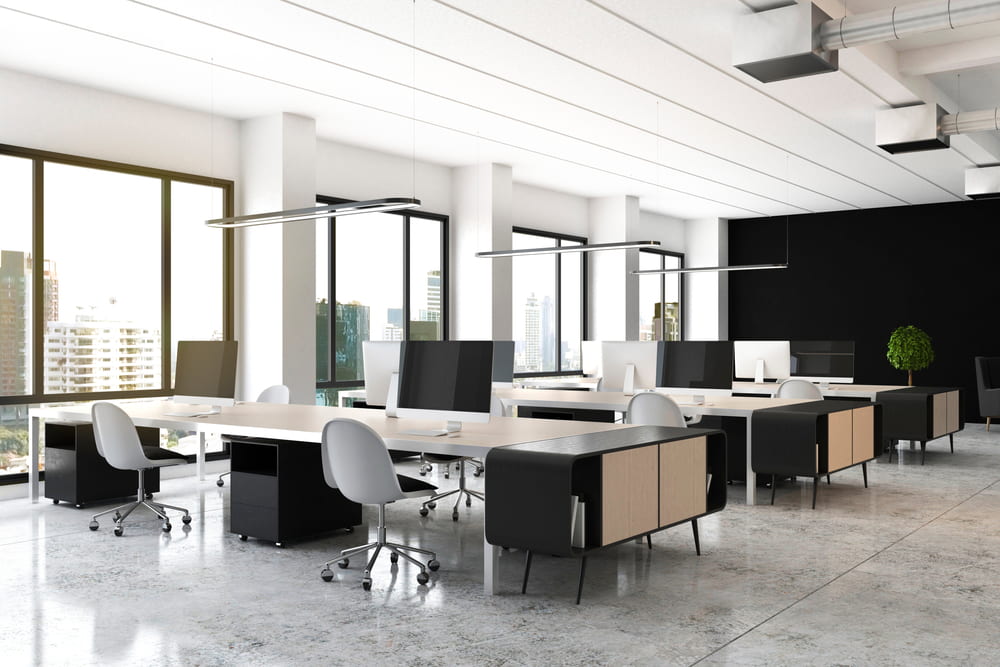
Tips to upgrade your commercial space for retail MartinVest
Buy & sell cre propertiesdue diligence reviewdeals close 2x faster

Commercial Retail Unit For Sale commercial Retail Space For Sale
Buy & sell cre propertiesdue diligence reviewdeals close 2x faster
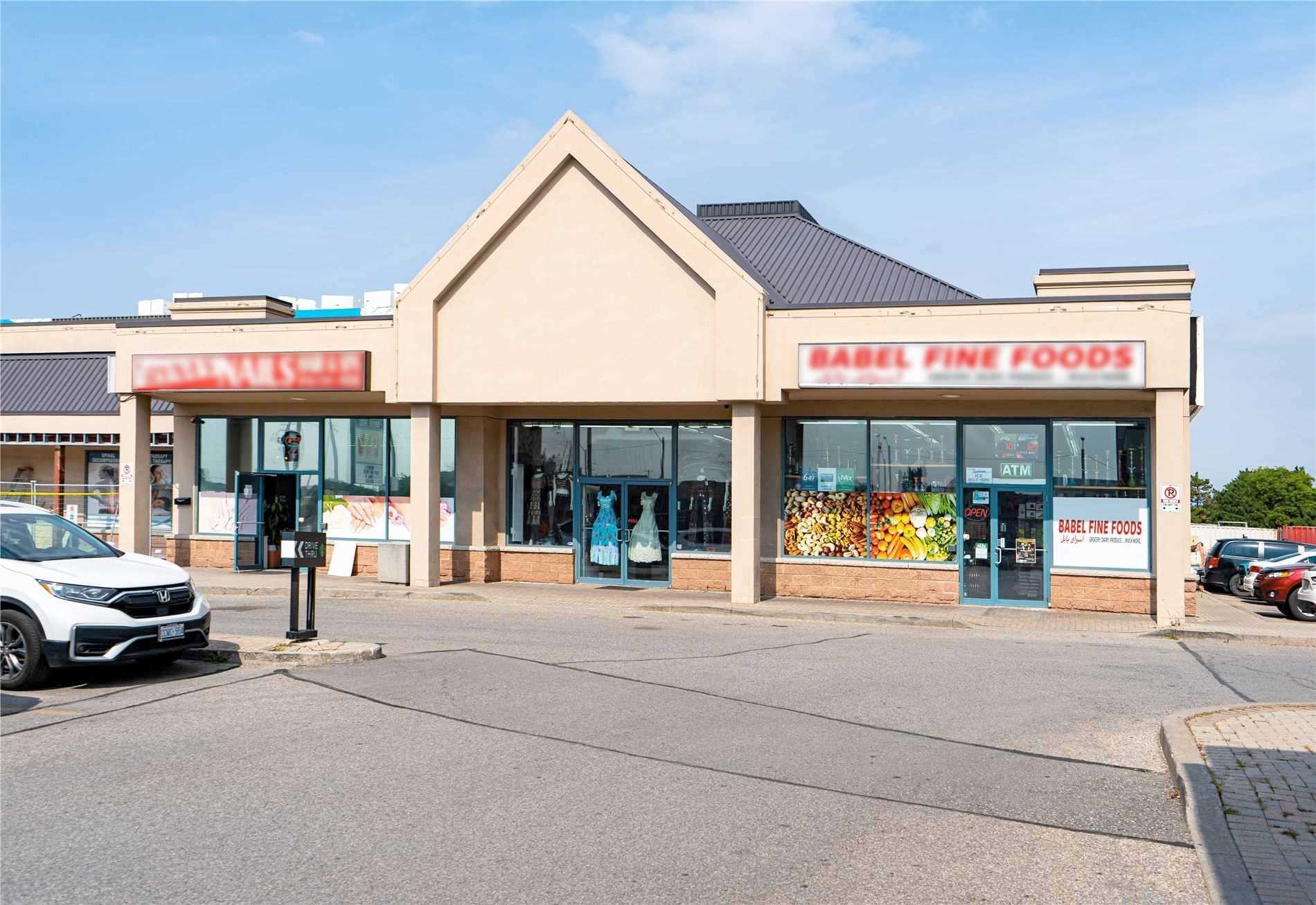
Commercial Retail Unit For Sale Retail & Office
Buy & sell cre propertiesdue diligence reviewdeals close 2x faster
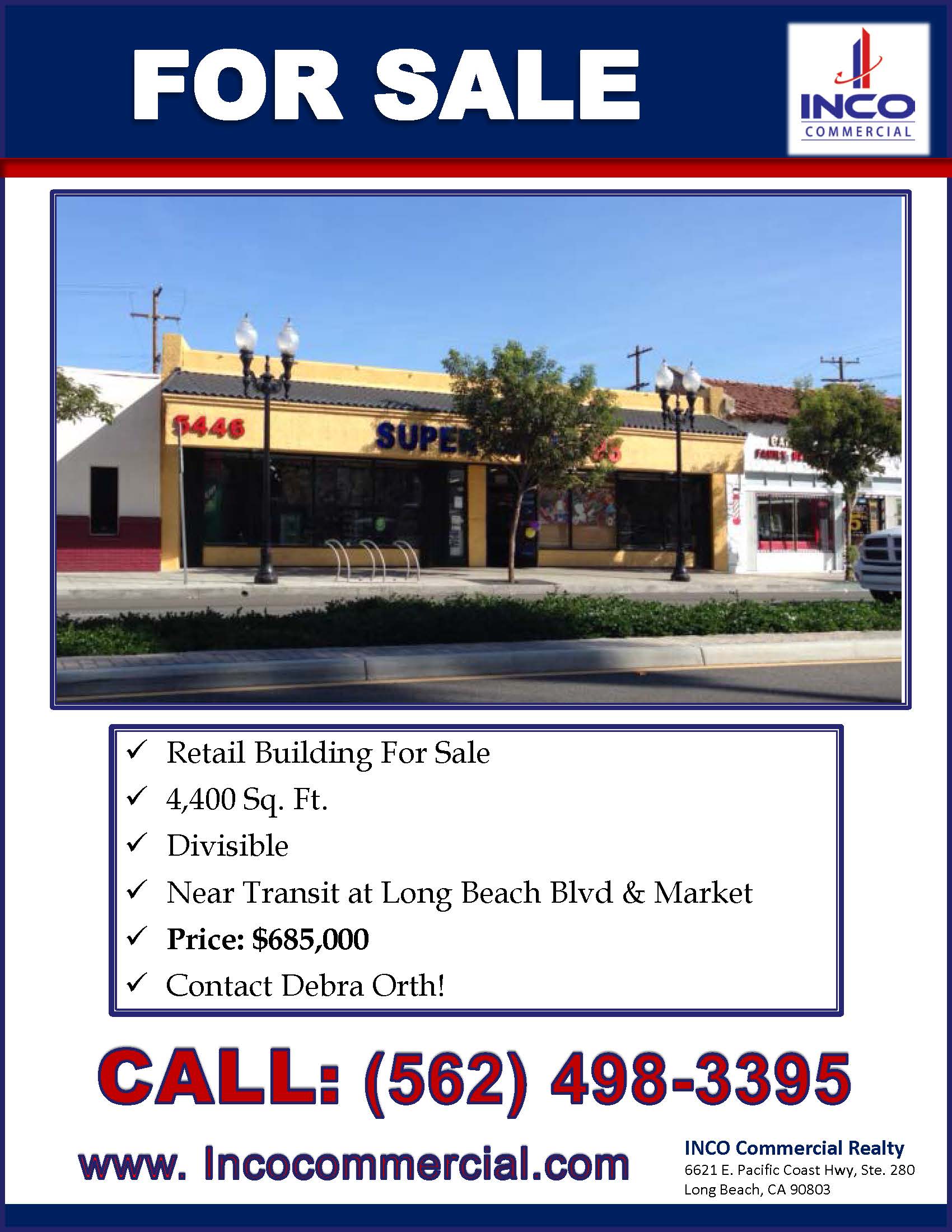
Available Retail Building FOR SALE INCO Commercial
Buy & sell cre propertiesdue diligence reviewdeals close 2x faster

Commercial & Retail space 3D HOME DESIGNS
Buy & sell cre propertiesdue diligence reviewdeals close 2x faster

Commercial, Retail and Office building Space available for sale or
Buy & sell cre propertiesdue diligence reviewdeals close 2x faster
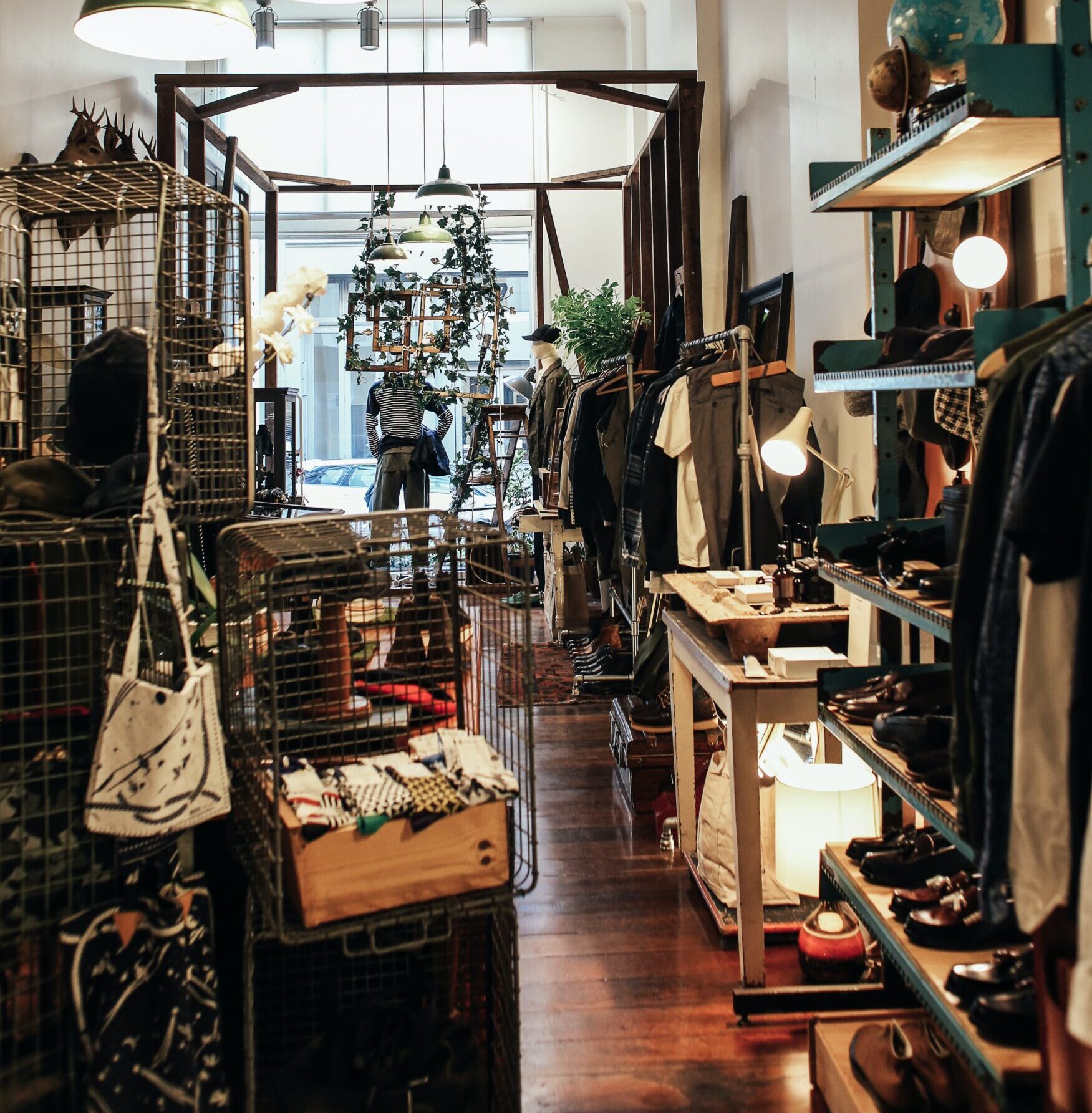
The Evolution of Commercial Retail Space Northern Colorado Commercial
Buy & sell cre propertiesdue diligence reviewdeals close 2x faster
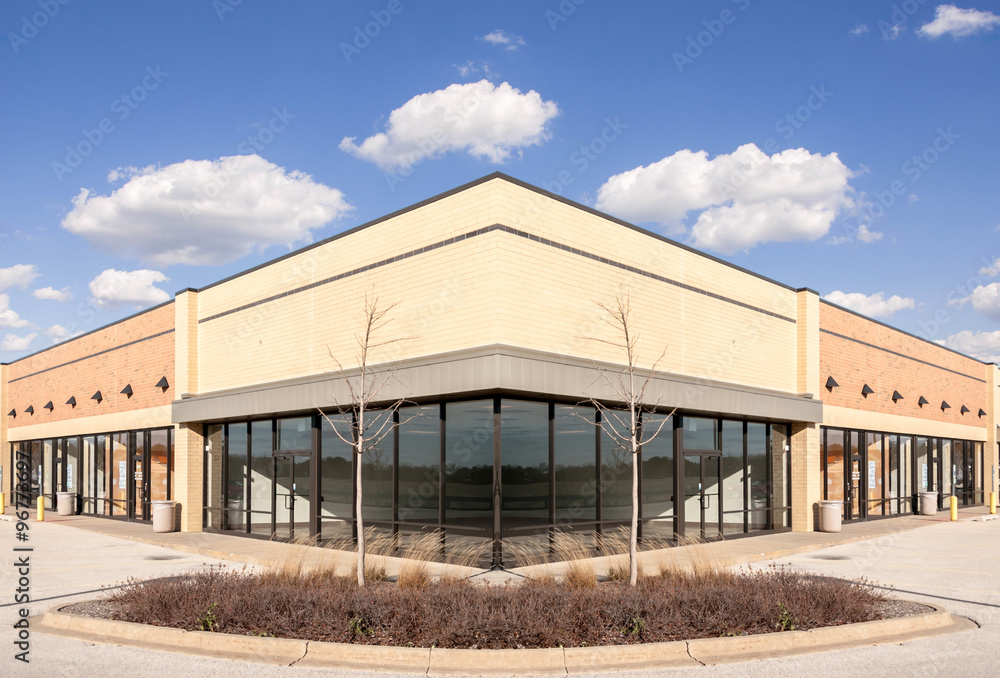
New Commercial, Retail and Office building Space available for sale or
Buy & sell cre propertiesdue diligence reviewdeals close 2x faster
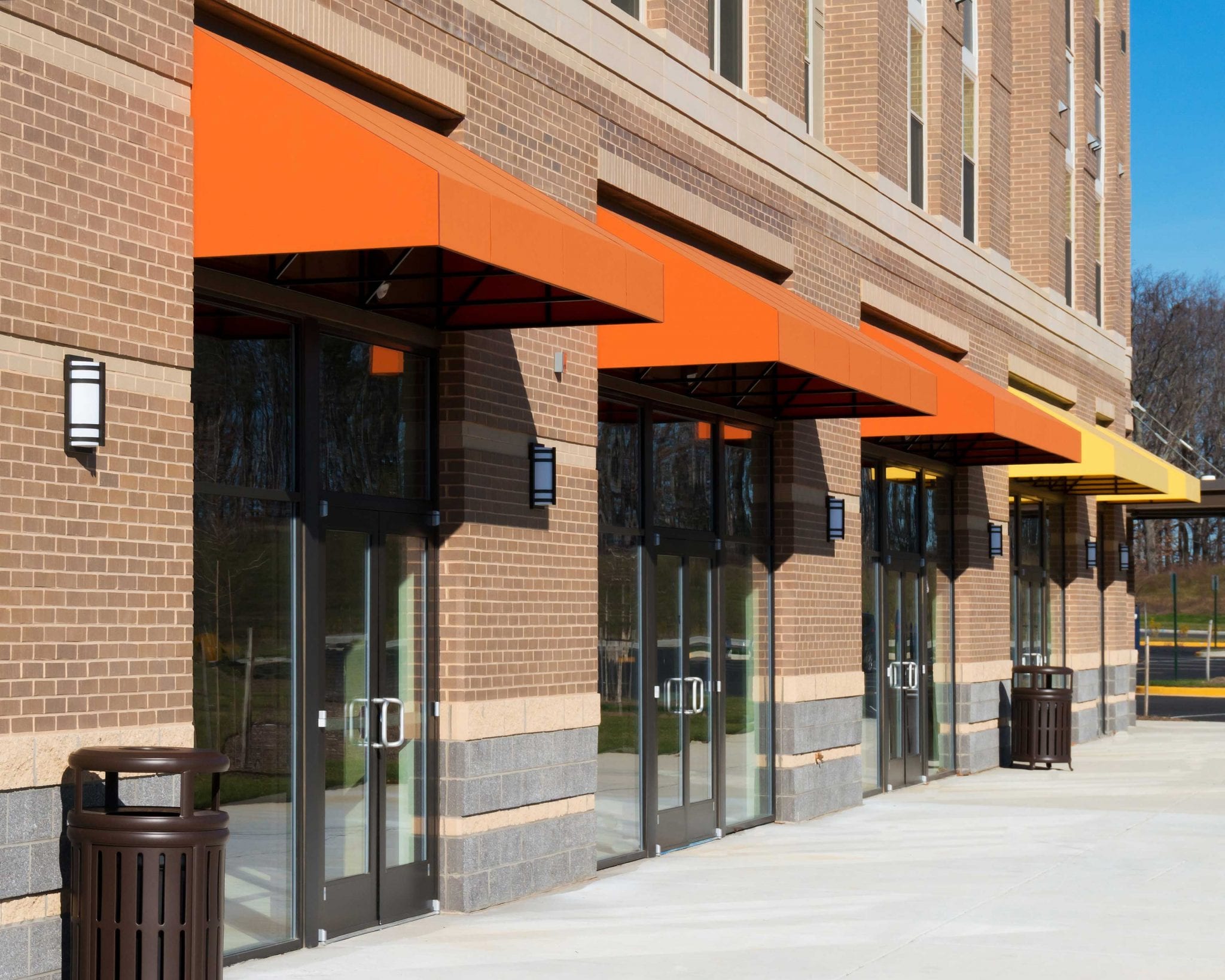
Retail vs. Commercial Space Schwarz Properties
Buy & sell cre propertiesdue diligence reviewdeals close 2x faster

New Commercial Retail Office Building Space Stock Photo 144849883
Buy & sell cre propertiesdue diligence reviewdeals close 2x faster
It is subjective, shaped by cultural norms, individual preferences, and the evolving standards of various industries. It implies that there’s nothing off-limits, nothing beyond the reach of commerce. Selling such an item can be a difficult decision, yet it often represents the practical need to downsize or make space for something new. Additionally, brick-and-mortar thrift stores and consignment shops provide a more traditional avenue for selling second-hand goods. When someone talks about purchasing quality goods, they are likely thinking of items that have been designed to last, to provide a superior experience, and to offer a sense of value far beyond the initial cost. However, buying a business is not a decision to be taken lightly. For the buyer, a car offers freedom, mobility, and a chance to create their own story on the road. The appeal of finding a hidden gem, something that has been cherished by someone else and is now available for a new owner, is a part of the allure of second-hand goods. Electronics are another category of second-hand goods that have seen a rise in popularity. The materials, labor, and expertise that go into crafting these items naturally make them more expensive. The same logic applies to tools, kitchen appliances, furniture, and even technology. Art, music, literature — these expressions of human creativity and emotion are not always bound by the rules of commerce. There are communities that exist outside the realm of traditional commerce, where sharing, collaboration, and mutual support take precedence over profit. For those on a budget or looking to stretch their money further, second-hand markets provide an opportunity to purchase goods that would otherwise be out of reach. In this sense, quality is not just about prestige; it’s about making thoughtful choices that contribute to a more sustainable and rewarding lifestyle. Due diligence is a crucial part of the process, where the buyer investigates the business thoroughly to ensure that there are no hidden liabilities, potential risks, or operational inefficiencies. Perhaps the most troubling aspect of the idea that everything is for sale is how it can shape the way we view the world and each other. Despite the many advantages of buying and selling second-hand goods, there are some challenges that both buyers and sellers must navigate. The durability and longevity of these products mean they don’t need to be replaced as frequently, reducing the need for constant purchases and ultimately saving money in the process. A business for sale is not always as it appears on the surface, and the buyer must examine the company’s financial statements, contracts, debts, and even its customer relationships before deciding whether to proceed with the transaction.
For the seller, the goal is often to maximize the value of the business, which requires a clear understanding of the company’s assets, liabilities, and future earning potential. Most new items, particularly electronics, are designed with built-in obsolescence. Even objects with little intrinsic value can be sold with great meaning. Although the transaction may be challenging at times, the opportunity to buy or sell a business can open doors to new ventures, provide financial rewards, and enable entrepreneurs to pursue their goals. The idea that everything is for sale works to perpetuate inequality, as those with the most resources can continue to amass power and wealth, while others are left to scramble for what little they can get. A home is more than just walls and a roof; it’s where memories are made, where families grow, and where life unfolds. Influencers sell their attention, their opinions, their lives — all of it has become a form of commerce. Through online marketplaces and platforms, small businesses and independent creators can sell their goods to a global audience. Additionally, second-hand furniture allows buyers to find unique items that may not be available in traditional furniture stores. It’s a world where even personal growth, self-actualization, and emotional healing are framed as commodities, available for purchase at any time, but only if you’re willing to pay the price. A car is something that can hold a great deal of sentimental value. When people choose quality goods, they are choosing longevity over convenience, enduring craftsmanship over temporary trends, and often, a timeless aesthetic over what is in vogue today. Similarly, during periods of economic growth, there may be a greater willingness to spend on luxury second-hand items, such as high-end fashion or collectible items. Many factors can influence the negotiation, such as the business’s financial performance, industry trends, and the level of interest from other buyers. This shift in mindset has contributed to a growing acceptance and even celebration of second-hand shopping, making it a mainstream activity that is not just about saving money but about making more thoughtful and responsible choices. When consumers buy these goods, they are investing in both the product and the people behind it. The second-hand market is not just about saving money; it’s about embracing a more sustainable, mindful way of consuming that values reuse, repurposing, and the stories behind the items we choose to keep. However, buying a business is not a decision to be taken lightly. Our emotional lives, our personal narratives, and even our deepest fears have been monetized. The concept of a circular economy, where products are reused and repurposed instead of discarded, is central to the appeal of second-hand goods.